June 22, 2015
Too much sitting down at work (or worrying about it) can increase anxiety
 More evidence in the case against sitting down at work has been published this week by researchers from Australia’s Deakin University which shows prolonged sitting is linked to an increase in anxiety. In the first systematic review to examine the relationship between sedentary behaviour and anxiety, published in the open access journal BMC Public Health, it was revealed that only nine studies have investigated the link between sitting time and anxiety risk, but that in five of the nine studies, an increase in sitting was found to be associated with an increased risk of anxiety. There appears however, to be no data available yet on a rise in anxiety amongst office workers who, in the last few months have been being bombarded with scare stories about how “sitting is the new smoking” and how they’re putting themselves in mortal danger if they don’t try and stand for several hours a day.
More evidence in the case against sitting down at work has been published this week by researchers from Australia’s Deakin University which shows prolonged sitting is linked to an increase in anxiety. In the first systematic review to examine the relationship between sedentary behaviour and anxiety, published in the open access journal BMC Public Health, it was revealed that only nine studies have investigated the link between sitting time and anxiety risk, but that in five of the nine studies, an increase in sitting was found to be associated with an increased risk of anxiety. There appears however, to be no data available yet on a rise in anxiety amongst office workers who, in the last few months have been being bombarded with scare stories about how “sitting is the new smoking” and how they’re putting themselves in mortal danger if they don’t try and stand for several hours a day.






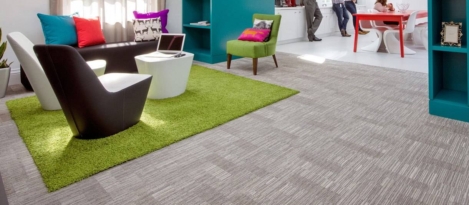
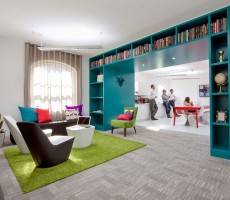


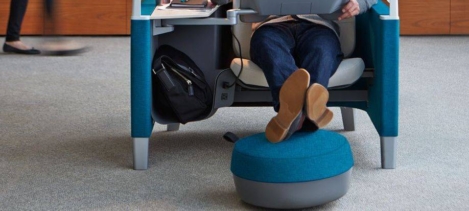
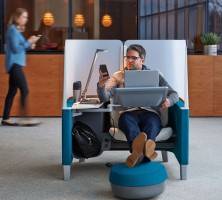











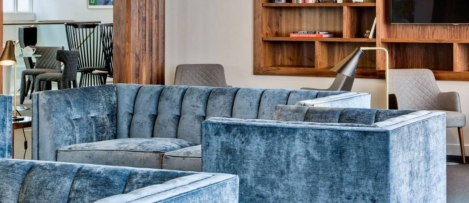
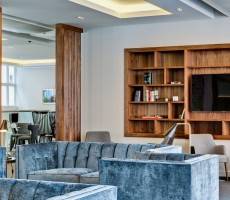










June 23, 2015
Design must support knowledge circulation in the next generation workplace
by Lee Parsons • Comment, Knowledge, Workplace design
More →